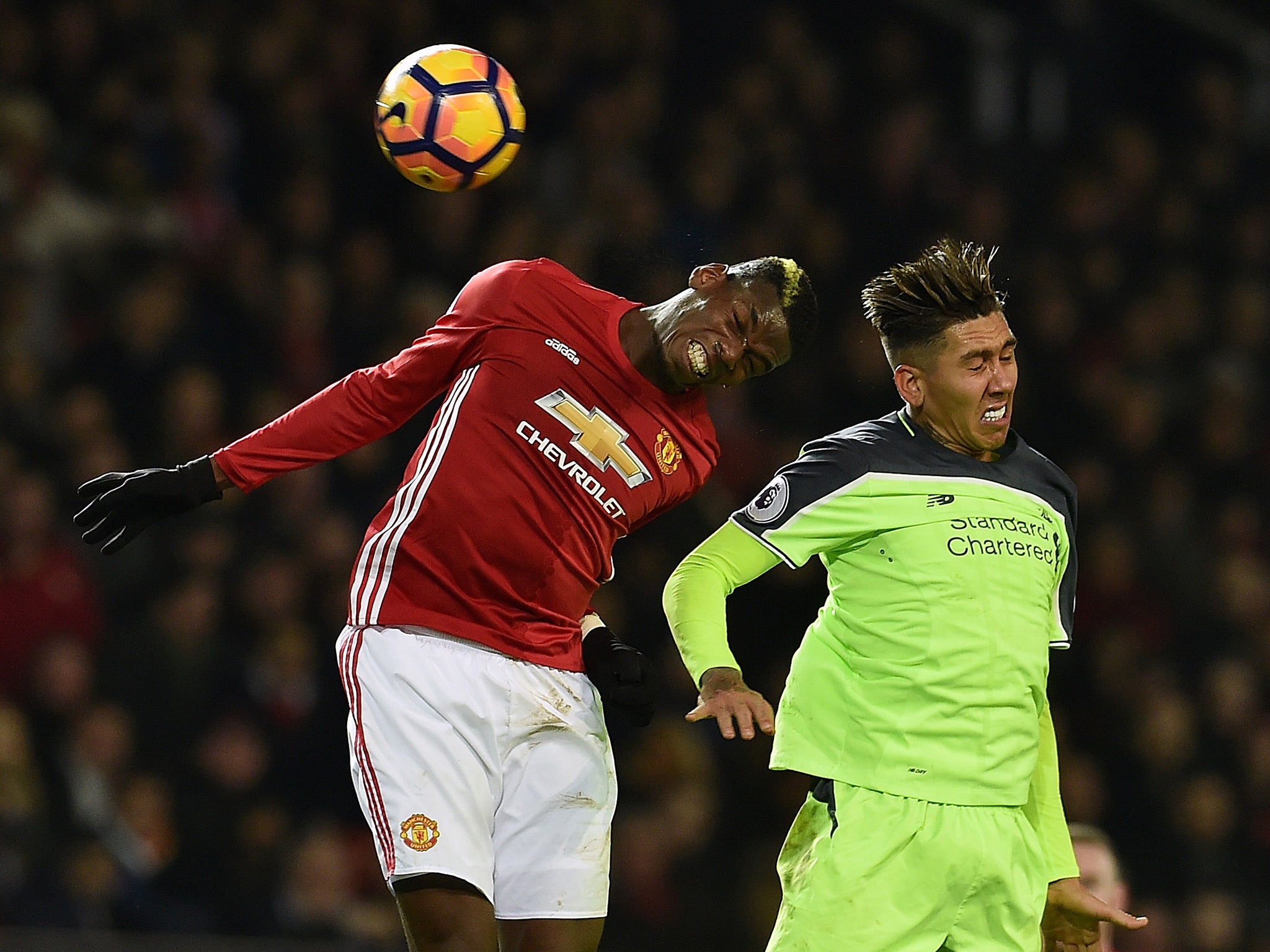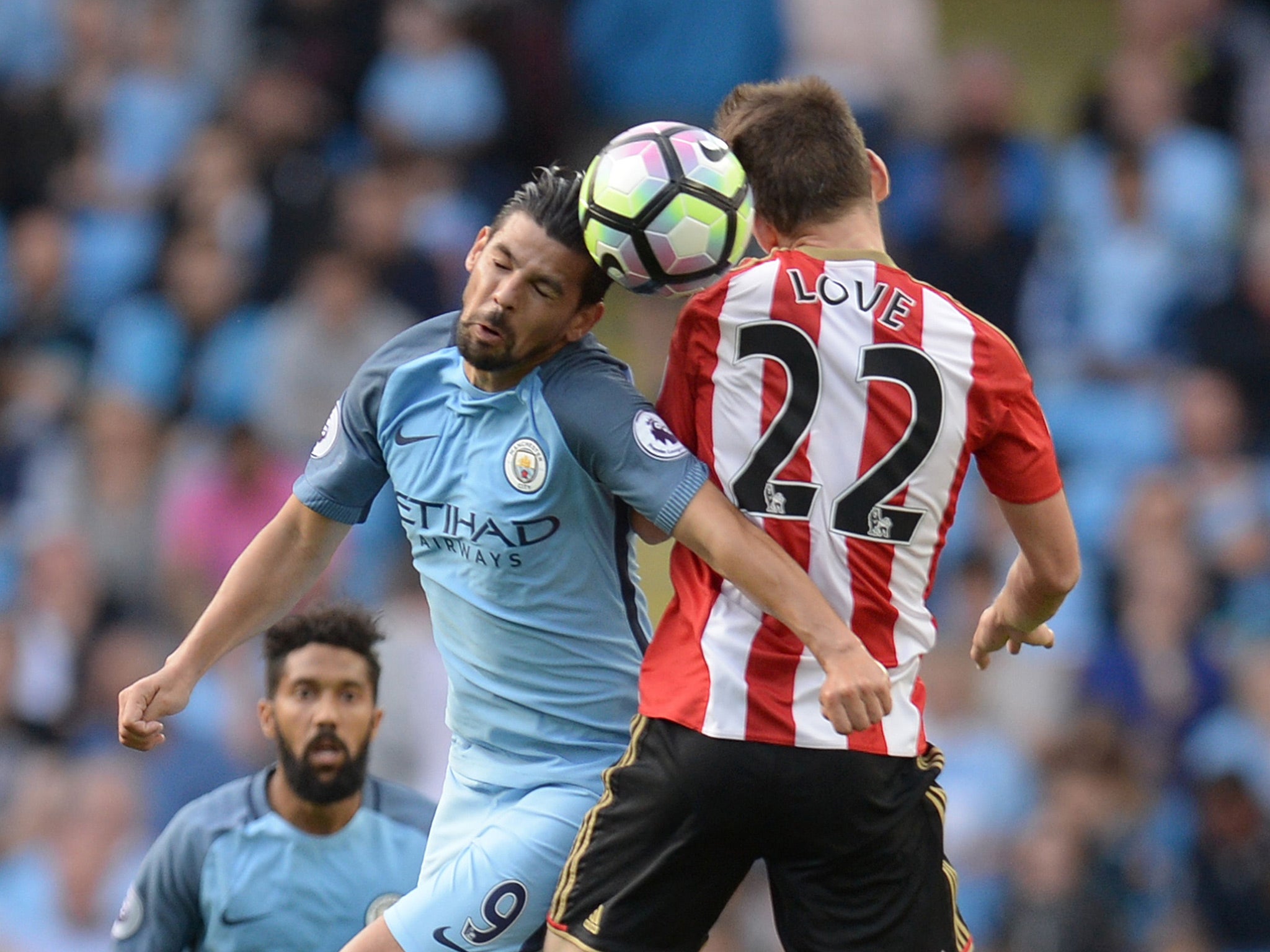Most-detailed British study into football's dementia link concludes condition may be related to heading
Post-mortems on six players who suffered dementia found tearing to a brain membrane consistent with chronic, repetitive head impacts from playing football

The most detailed British research ever undertaken into dementia among retired footballers has concluded that the condition may be connected to repeated head ‘impacts’, caused by collisions and thousands of headers.
The study included post-mortem examinations on six players who suffered dementia, which reveal that all of them had suffered from a tearing to a brain membrane consistent with chronic, repetitive head impacts from playing football. The incidence of that tearing in the general population is just six per cent, based on previous studies.
Post-mortems on the brains of retired players have been very rare, though provide the best possible means of comprehending whether there is a link between heading the ball and neurological disease. The six post-mortems also found that four of the men, all but one professionals, had suffered chronic traumatic encephalopathy (CTE), a degenerative disorder. In the general population, there is a mere 12 per cent incidence of CTE.
The research, funded by the Drake Foundation, put pressure on the wealthy players’ union, the Professional Footballers’ Association, to initiate research into possible links between heading and brain disease. The union has been under fierce scrutiny since The Independent last month revealed the light of Nobby Stiles, one of at least four members of the 1966 World Cup winning team to have suffered from dementia. His family have received no support from the union and want his illness to trigger action to help others. The PFA says that the issue of research lies with the Football Association.
Stiles developed dementia at the age of 60 and another of the disclosures of the new research by Swansea University and UCL, published in Acta Neuropathologica on Wednesday is that the ex-players in question were relatively young.
The study stated that the four CTE diagnoses were “probably related to their past prolonged exposure to repetitive head impacts from head to player collisions and heading the ball thousands of times.”
Lead author Dr Helen Ling, of UCL’s Institute of Neurology, said: "This is the first time CTE has been confirmed in a group of retired footballers. Our findings of CTE in retired footballers suggest a potential link between playing football and the development of degenerative brain pathologies in later life. However, it is important to note that we only studied a small number of retired footballers with dementia and that we still do not know how common dementia is among footballers.”

The research was initiated in 1980, when the son of an ex-player approached consultant psychiatrist Dr Don Williams and asked him if his father’s advanced dementia might have had been caused by heading the ball for many years as a centre-half. Dr Williams, head of the Old Age Psychiatry Service in Swansea, located 14 men with dementia and a significant history of playing football, monitored them over time and arranged for post-mortem studies to be carried out in six cases.
Of the 14, 13 were former professionals and one was a committed amateur who played every season for 23 years. They were all diagnosed with dementia between 1980 and 2010. Dr Don Williams monitored them regularly and collected demographic and clinical data, playing and concussion history from their close relatives.
The paper’s authors does not provide a definitive link between CTE and exposure to repetitive head or establish how significant the risk is. Co-lead author Professor Huw Morris, of UCL’s Institute of Neurology said research was urgently needed to determine the risks associated with playing football “so that any necessary protective measures can be put in place to minimise potential long term damage."
The Alzheimer’s Society and independent assessors of the new research from three other academic establishments all called for more work to be in the field, which might help create a better understating of whether training regimes might need to be altered to limit the thousands of strikes to the head caused by headers.
The Alzheimer’s Society, said that studies with much larger numbers of participants were needed, who a control group of footballers who do not have cognitive problems. The lifestyles and genetic history of those analysed must also be factored in: they are not in the new research. “Further research is needed to shed light on how lifestyle factors such as playing sport may alter dementia risk, and how this sits in the context of the well-established benefits of being physically active,” said Dr David Reynolds, Chief Scientific Officer of Alzheimer’s Research UK.
The FA’s Head of Medicine, Dr Charlotte Cowie, welcomed the researchers and cited the establishment of an Expert Concussion Panel in 2015 as evidence of the seriousness with which the FA viewed the issue.
Ms Cowie said: "The expert panel further agreed that research is particularly required into the issue of whether degenerative brain disease is more common in ex-footballers. The FA is determined to support this research and is also committed to ensuring that any research process is independent, robust and thorough, so that when the results emerge, everyone in the game can be confident in its findings. To this end we have recently agreed with the PFA to jointly fund the research project as we believe that a collaborative approach will strengthen the credibility and resource available to the project."
Join our commenting forum
Join thought-provoking conversations, follow other Independent readers and see their replies
Comments
Bookmark popover
Removed from bookmarks